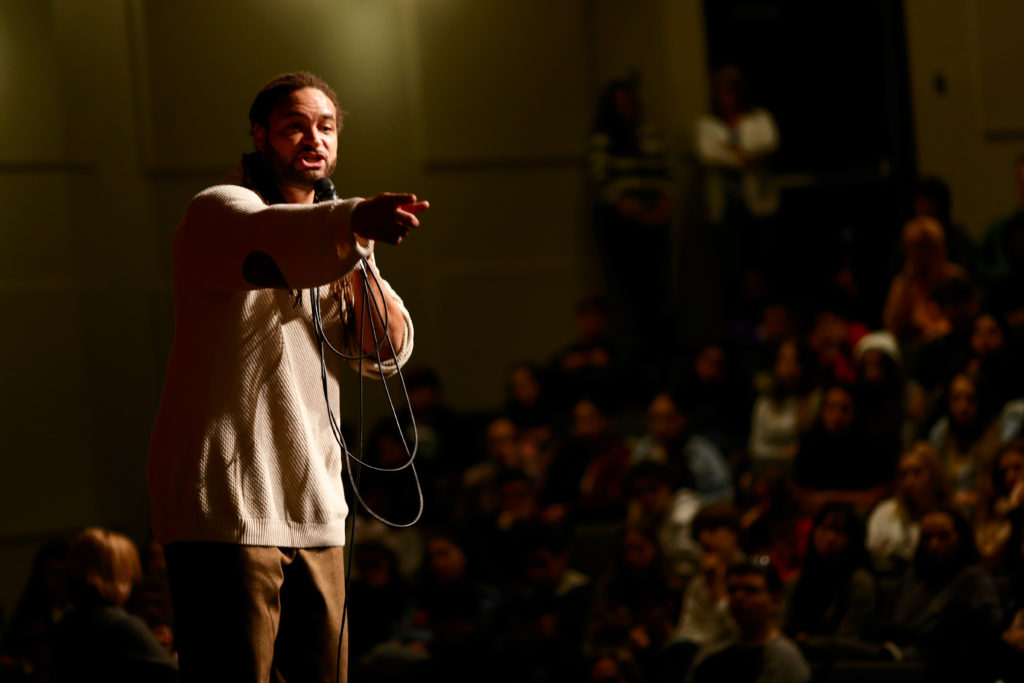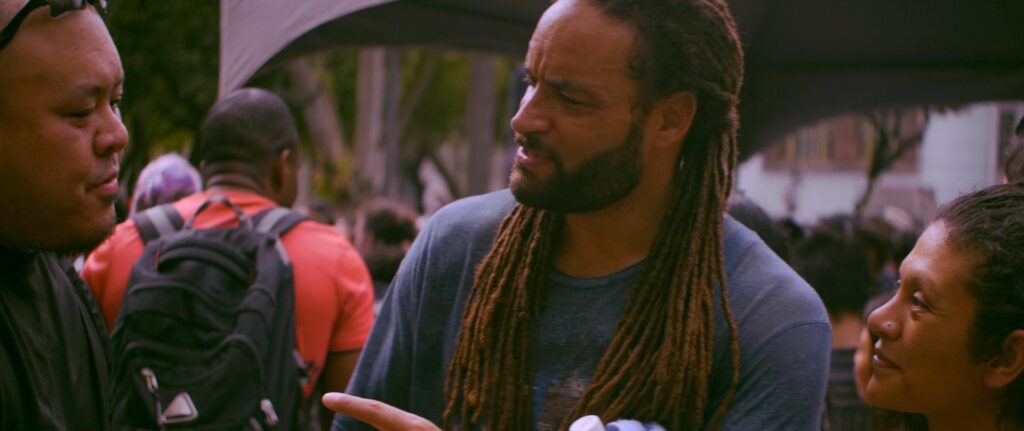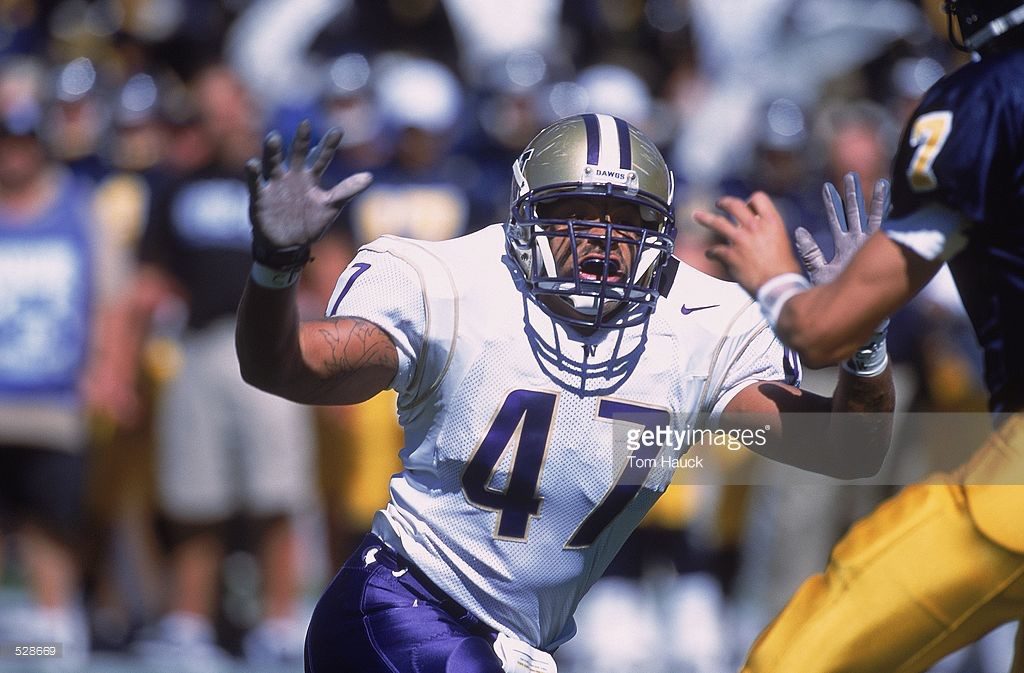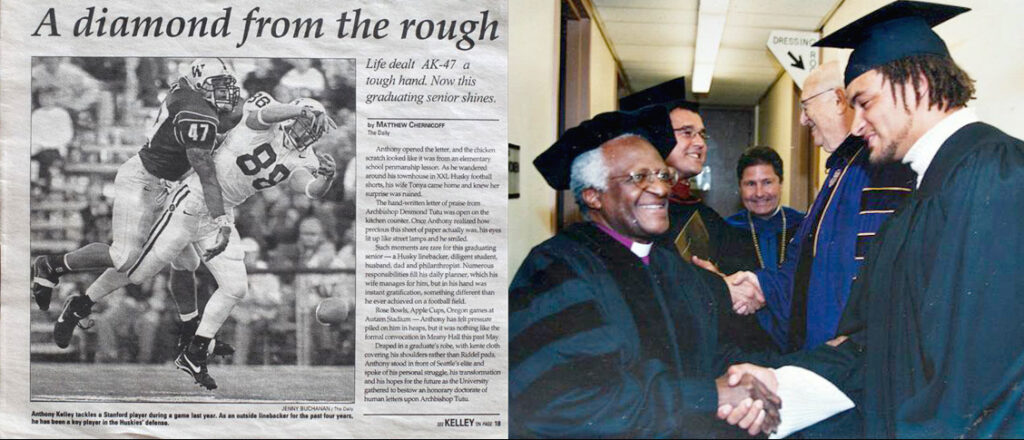Egypt and My History

Black history for me growing up was a gradual disappointment, as I learned the truth about my history and the lack of knowledge shared throughout our school system. Black history and holidays were just a chance not to go to school, and I didn’t have the cultural support and community celebrations that should have been part of my upbringing. However, I was proud of my culture and the long tradition of surviving and making something out of nothing. But when generational trauma is not adequately reconciled and managed, it can warp into other ideas that harm the community’s development. Personal and communal growth requires stress management, health and nutrition, and political and educational support. Unfortunately, Black folk in the United States have received below-standard support, which has led to shallow support structures and little to no lasting financial commitments.

Despite this, progress is being made, and there is now more access to information resources due to evolving thought and practices through our community framework. Rather than point fingers at the obvious gaps in our societal framework, I decided to take responsibility for how I have contributed to such a framework. I looked within myself to investigate the importance of understanding and crafting my story, rather than seeking a professor, teacher, or program to teach me about my place in history. I used my own resources to expand my knowledge of Black history and Egypt. I meditated and researched how my ancestors managed emotional trauma and relational struggles. Understanding my history became crucial in shaping what I wanted my future to be.

My trip to Egypt allowed me to witness the past outside books, dreams, and theories. It was an opportunity to immerse myself physically and spiritually, returning to a time of great power and discovery. Exploring Egypt allowed me to reconstruct the narrative taught to me by the United States educational system. While seeking excellent knowledge, I experienced great pain and responsibility, as I couldn’t unlearn what I had learned. Taking responsibility for my lack of knowledge and concerns about my over-intellectual development became inconvenient. I had to ask myself what inconveniences I would endure understanding my narrative better.

In Egypt, I found small confirmations about my research concerning religion, meditation, and community development. I appreciated the attempt to record everything, and the walls told accent stories of war, kingdoms, conflicts, and spiritual awakening. What was most intriguing to me was how the Egyptians managed conflict and forgiveness, a subject I wanted to explore further. I admired the period of the three great dynasties and the steady improvement over thirty centuries until Alexander the Great moved in. Even during ancient times, understanding oneself and managing emotional disposition was still relevant.

Egypt’s tombs, pyramids, castles, and upper and lower Egypt provided sources of learning across all disciplines, providing better insight into knowledge and power. The leaders throughout Egyptian history used their power, position, and privileges, much like our current leaders, and this experience helped me evolve my ideas of leadership. My experience in Egypt gave me a glimpse of what leadership may have been like for those in our past. This new knowledge was necessary because these narratives are not taught in our schools, so taking accountability for my learning experience was rewarding.

By evaluating my resources and using what I had available, I was able to broaden my notions of self and my knowledge of Black history. I plan to visit more locations, but until then, I will continue to apply this new knowledge and take more responsibility for my learning.







